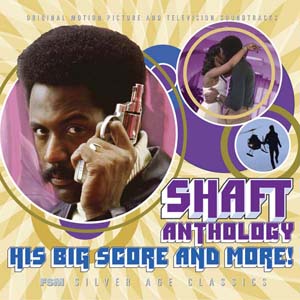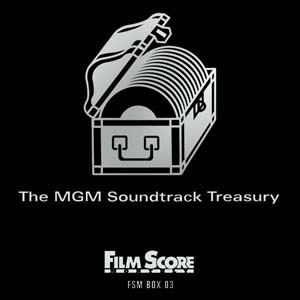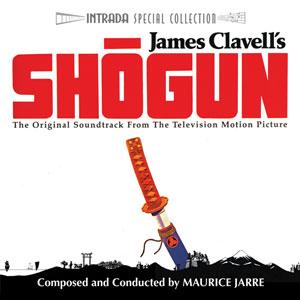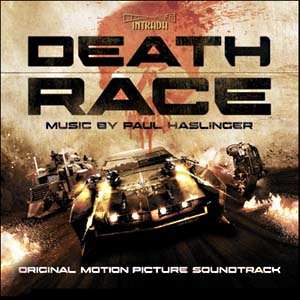AWARD-WINNING COMPOSER
KEVIN KINER INVADES THE STAR WARS
UNIVERSE WITH ORIGINAL SCORE FOR
STAR WARS: THE CLONE WARS
Movie premieres August 15, followed by the Debut of the Groundbreaking TV Series, Premiering This Fall on Cartoon Network and TNT
Score Album Available on August 12 on Sony Classic
Hollywood, Calif. – Award-winning composer Kevin Kiner will carry the baton of the Star Wars universe when he creates the music for STAR WARS: THE CLONE WARS, from creator George Lucas, premieres as an all-new feature film in August, followed by the television series debut in the fall, in a partnership announced today between Lucasfilm Ltd., Warner Bros. Pictures and Turner Broadcasting System Inc.
Having conducted the London Philharmonic and The City of Prague Orchestra, Kiner’s orchestral expertise defines his latest project: composing for a 90-piece orchestra for the animated feature Star Wars: The Clone Wars. At producer George Lucas’ suggestion, Kiner has distinguished each planet in the mythic constellation with an individual geographical palette that incorporates indigenous ethnic sounds from Asia, the Middle East, Egypt, South America and other far flung locales. Incorporating and reimagining a main title theme that may well be one of the most recognizable musical signatures on the planet is a Herculean task and Kiner notes the enormous influence of the great John Williams with these words: “He’s always been my absolute hero.”
Produced by Lucasfilm Animation, STAR WARS: THE CLONE WARS takes audiences on incredible new Star Wars adventures, combining the legendary storytelling of Lucasfilm with an eye-popping, signature animation style. STAR WARS: THE CLONE WARS will open in North American theaters Friday, August 15. International release dates will be announced soon.
"I felt there were a lot more Star Wars stories left to tell," said George Lucas, executive producer of STAR WARS: THE CLONE WARS. "I was eager to start telling some of them through animation and, at the same time, push the art of animation forward." The theatrical debut of STAR WARS: THE CLONE WARS is only the beginning of all-new Star Wars adventures that continue in the fall when the long-awaited television series premieres on Cartoon Network, followed by airings on TNT. Details regarding international broadcasts will be announced shortly.
Transcendent orchestral themes, rhythmic global grooves or edgy electronica: Kevin Kiner’s command of a vast spectrum of musical styles makes him a Hollywood go-to composer. Film music aficionados will recognize the composer from feature films including Madison, Wing Commander, The Other Side of Heaven, Leprechaun, Tremors III, and The Pest, and he has composed music for network television series and shows such as CSI: Miami, The Star Trek: Enterprise series, Stargate SG-1, The Invisible Man, Walker Texas Ranger, The Visitor, Dead at 21 and The MTV Movie Awards. Honored with Emmy nominations for outstanding achievement in music composition (Johnny Quest and Stuart Little), he received an Annie nomination for outstanding music in an animated TV production for Harold and the Purple Crayon.
A California native who began his career as a rock guitarist in San Diego, Kiner enrolled in UCLA as a pre-Med student. Gigs playing around Hollywood led from the stethoscope to the Stratocaster; hired as the musical director for an international touring group with bookings in Singapore, Thailand, Indonesia, Korean and Japan, he departed Los Angeles for the world. Kiner had previously composed and performed in the musical stage presentation A Taste of Honey with composer and future music executive Evan Greenspan. Returning from a world tour, Kiner planned to return to medical school, but Greenspan, now working at Alan Landsburg Productions, had a tip about a television show titled The World’s Funniest Commercial Goofs. Unsolicited, the two created a theme song and were subsequently employed to score the show. Next, Kiner scored Foul Ups, Bleeps and Blunders. “There were four different producers,” he remembers. “They all got their own shows and within a year I was scoring all four.”
Now entering its seventh season, Kiner’s musical soundscapes underscore the top rated CBS series CSI: Miami. He notes that the musical components are constantly evolving. “We manipulate sounds, reverse pianos, and mangle different bits of audio to make percussion out of little snips of sound. We use singers, cello for emotional scenes, and sometimes a string section, but more often than not it’s sounds we create from scratch. That’s an essential part of the composition.”
Kiner’s evolution as a composer honors both his rock roots and the sophisticated legacy of the classic film composers. “Take the modern stuff, keep it modern, but give it a legit flourish; film scores need to evolve. I don’t sit around and compose unless I see picture or if someone gives me a script. There’s something about picture -- when I see it, I start hearing music."




